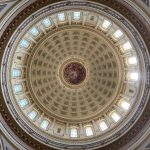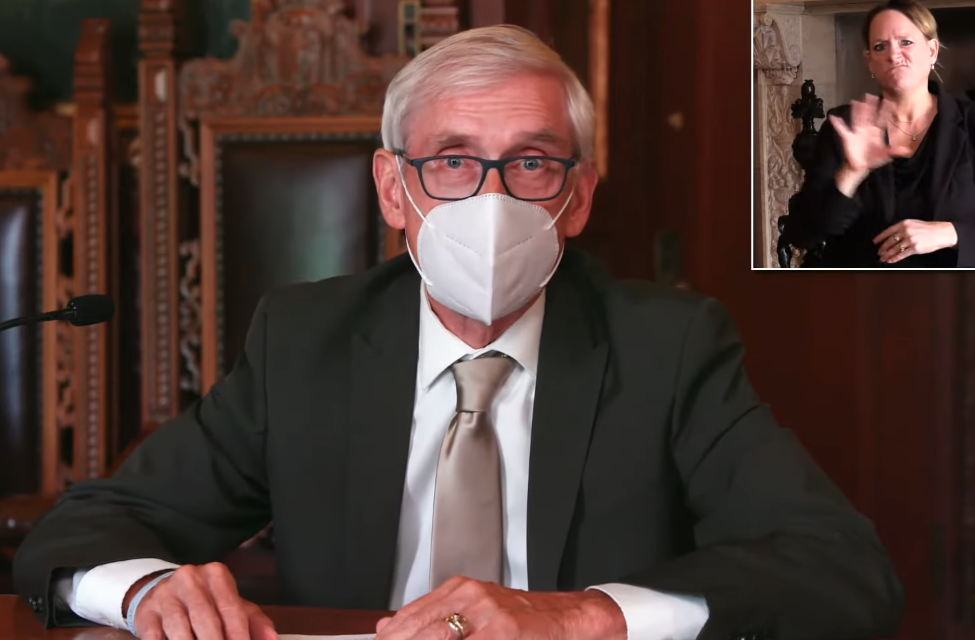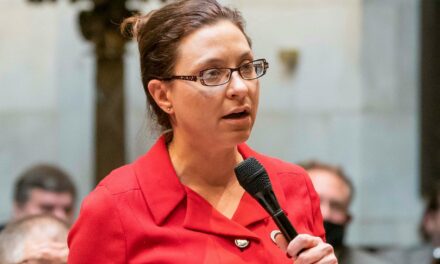
Evers to limit public indoor gatherings

Gov. Tony Evers on Tuesday directed the Department of Health Services to limit public gatherings to no more than 25 percent of a room or building’s total occupancy, starting Thursday.
The emergency order, which will be in effect until Nov. 6, applies to gatherings at locations open to the public, like stores, restaurants and other businesses that allow public entry as well as ticketed events.
The order doesn’t apply to places that are closed to the public, like private businesses and residences as well as invitation-only events.
DHS Deputy Secretary Julie Willems Van Dijk said they chose the end date for the order because it corresponds with two 14-day incubation periods of the disease.
“This is intending to flatten the curve so that we stop overwhelming our hospital systems, which we are beginning to do, and to take a scientific approach,” she told reporters.
There were 2,020 new COVID-19 cases reported Tuesday and 18 additional deaths.
Exemptions include child care settings, placements for children in out-of-home care, schools, higher education institutions, healthcare facilities, public health operations, human services operations like long-term care facilities, and public infrastructure operations that involve food production, construction and airports.
Churches, other places of religious worship, political rallies, local governments, federal facilities and state facilities controlled by the Supreme Court and Wisconsin Legislature are also exempted.
Evers’ Chief Legal Counsel Ryan Nilsestuen said the order is more targeted than Evers’ spring safer-at-home plans, which the Supreme Court threw out in May. He said they’re relying on state law that allows DHS to limit public gatherings at schools, churches and other places.
Nilsestuen told reporters that Evers has used two “buckets” of powers to address the pandemic, one being the laws he used to issue his safer-at-home order and the other being emergency powers. The new order isn’t being issued under Evers’ public health emergency, which is being challenged in court.
He said they’re asking people to follow the order first and foremost. Local authorities would have to enforce the order, which could include an up to $500 fine.
“We’re in a very dire situation here in Wisconsin, and we need everybody here to stand up,” Nilsestuen said.





